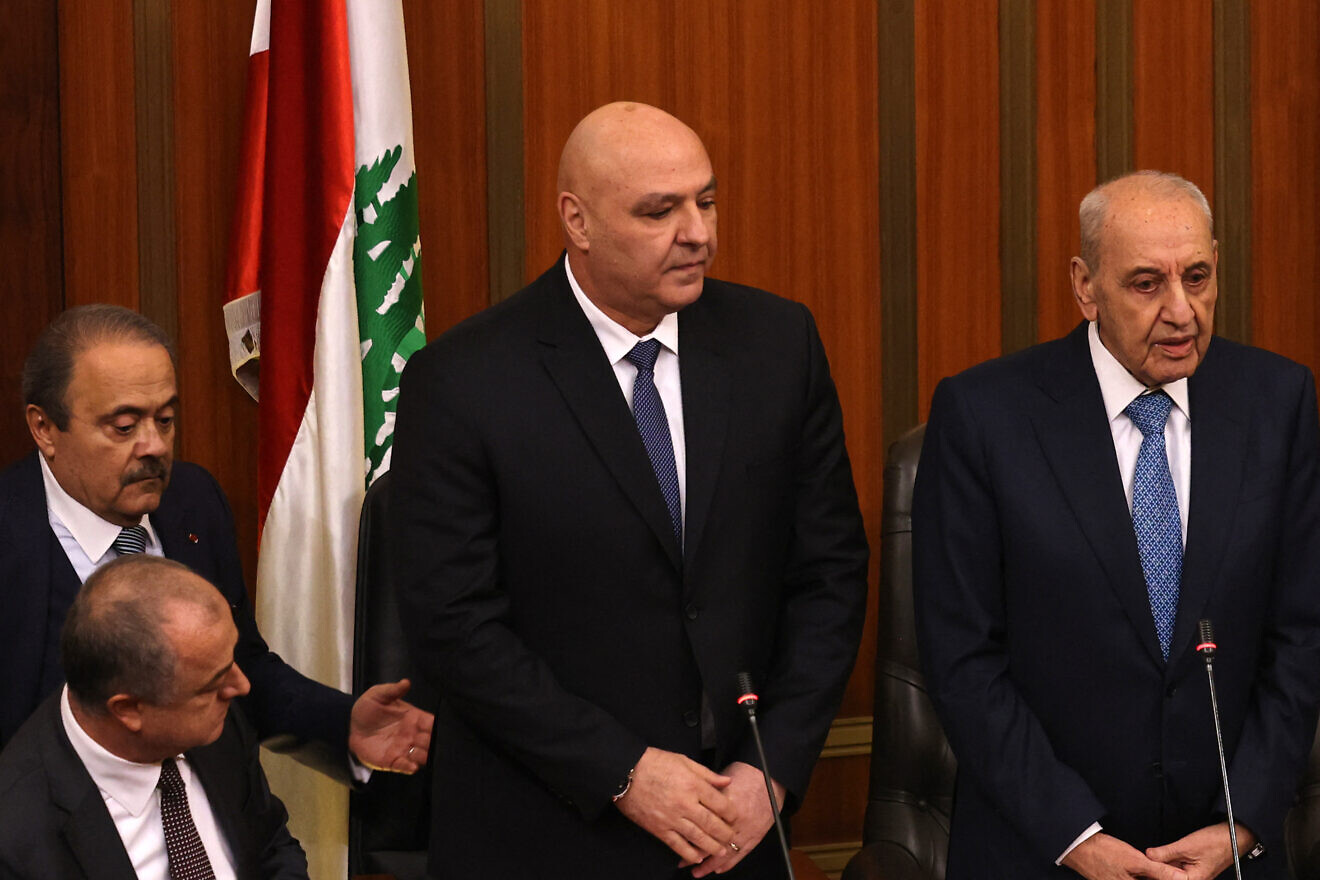Basil Rahmi, CEO of the Micro, Small, and Medium Enterprises Development Agency (MSMEDA), revealed that from 2014 to 2024, the agency has injected EGP 51bn into the economy, directly benefiting 3 million clients. Notably, 47% of these funds were directed to Upper Egypt, with women entrepreneurs receiving 45% of the total allocation.
Rahmi made this announcement at a seminar hosted by the Egyptian-Lebanese Businessmen Association (ELBA), which focused on the pivotal role of SMEs in economic development and explored avenues to bolster small and emerging businesses.
Additionally, Rahmi highlighted MSMEDA’s contribution of EGP 3bn towards infrastructure projects, including road construction, school development, and the Decent Life initiative.
The CEO welcomed partnerships with the Egyptian-Lebanese Businessmen Association to foster SME growth and inspire youth entrepreneurship. He underscored the importance of such collaborations in refining Law No. 152 of 2020, with proposed amendments underway, including three new provisions and a national strategy for heritage crafts, aligning with President Abdel Fattah Al-Sisi’s vision.
These amendments are designed to enhance MSMEDA’s capacity to safeguard and incentivize companies within the formal economy, offering benefits in taxation, customs, insurance, and civil protection. Rahmi also noted MSMEDA’s governance structure, which includes seven ministries and is chaired by the Prime Minister, likening it to a ‘mini-cabinet.’
The first amendment targets artisans, encouraging formal sector integration through tax breaks, financial support, training, and exhibition opportunities, such as Turathna, aiming to reach 3.5 to 4 million clients with a training budget of EGP 5m.
The subsequent amendments focus on freelancers and startups, particularly those innovating in product or service development, like mobile applications. Rahmi announced MSMEDA’s procurement of $50m from the European Bank dedicated to startup ventures.
Rahmi concluded by outlining the law’s provisions that offer SMEs numerous advantages, including tax relief, financial access, and land acquisition. The law stipulates that 30% of industrial zone land, equating to 4,200 complexes, be reserved for SMEs, either for lease or purchase. Moreover, SMEs are entitled to 40% of government procurements, amounting to EGP 355bn, and with approximately 149 products banned from importation, significant investment opportunities have emerged in the manufacturing sector.
Fouad Hedrj, Deputy Chairperson of the ELBA, has confirmed the Association’s commitment to fostering collaboration between the private sector and MSMEDA. This alliance is pivotal for sustainable development and the creation of employment opportunities for Egypt’s youth.
Hedrj believes that such cooperation is instrumental in attaining mutual objectives, enhancing the investment environment, propelling economic growth, and nurturing an entrepreneurial mindset among young people. This is facilitated through financial support, training, marketing assistance, and bolstering production capabilities, thereby integrating small projects into the supply chain of larger industrial, commercial, and construction enterprises.
He underscored the significance of tax incentives and exemptions for nascent projects, which MSMEDA eagerly anticipates, to invigorate early-stage growth and investment in this vital sector. ELBA pledges to back these initiatives, aiming for a prosperous future for Egypt and its talented youth.
Omar Balbaa, ELBA board member and head of the commerce committee, echoed this sentiment, recognizing MSMEDA’s critical role in motivating young Egyptians to pursue entrepreneurship. He emphasized the importance of the state and political leadership’s endorsement of youth, which is deemed crucial for the enduring success and sustainable development of entrepreneurial ventures.





















Discussion about this post